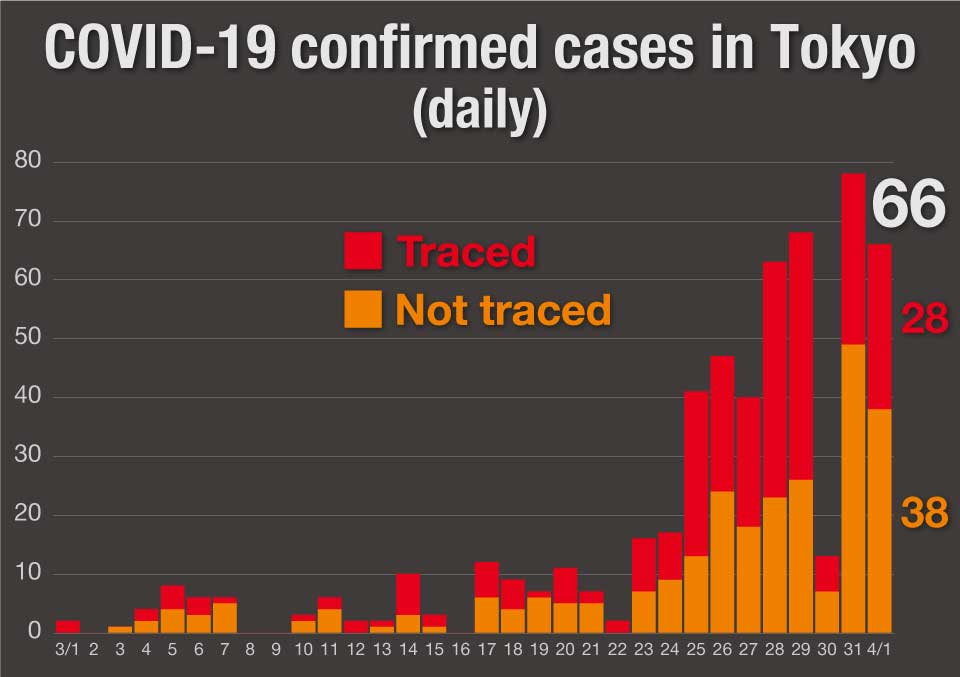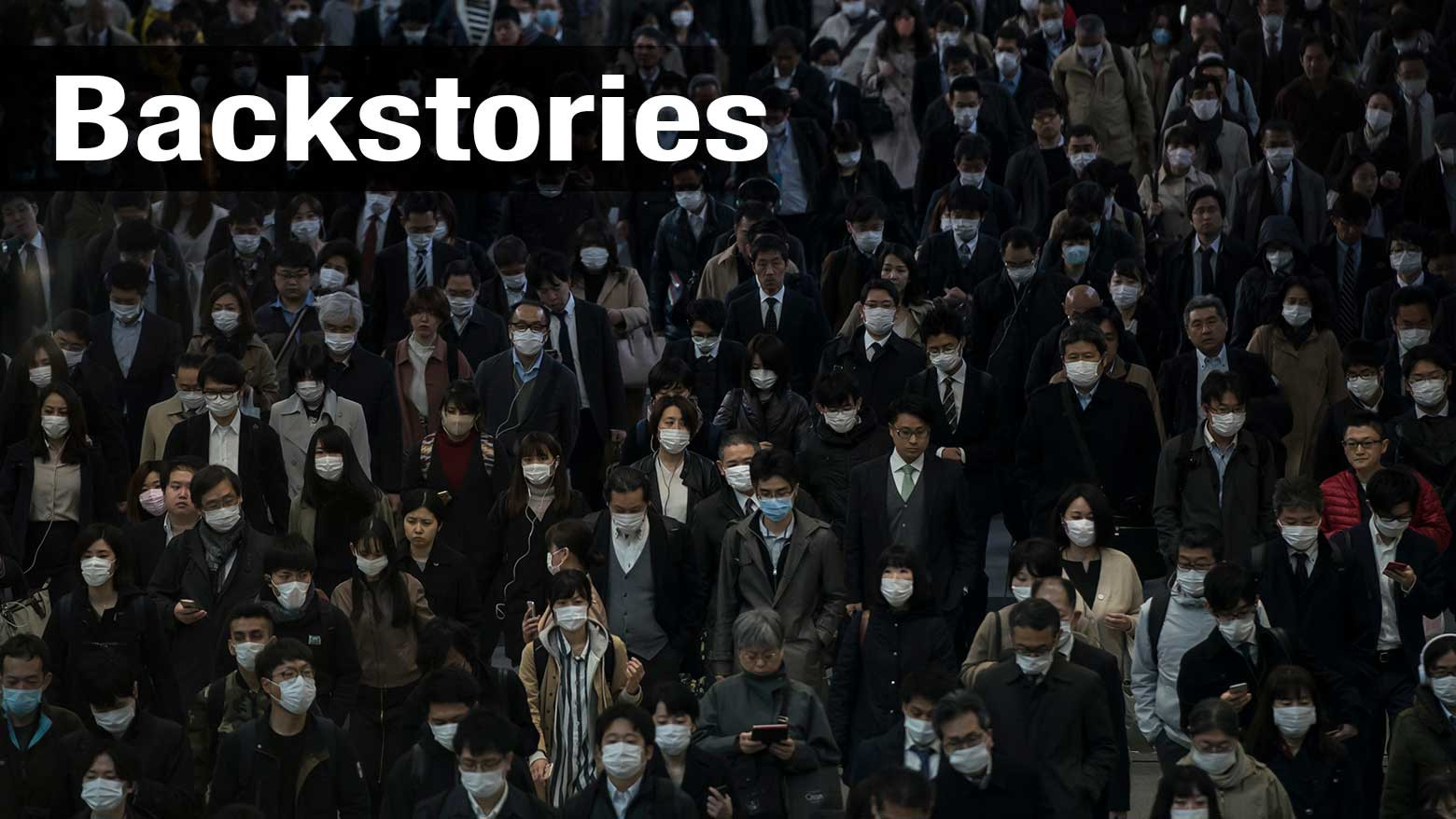The current situation in Tokyo
Sakamoto says the situation started to change around the beginning of last week. She points out the data on the Tokyo Metropolitan Government's website, which shows the number of people who tested positive has continued to rise while the number of those tested has not increased very much. Sakamoto is deeply concerned the number of severe cases may increase in the future.

She says the number of ventilators available at hospitals, as well as the number of doctors and nurses who can use them, is limited. The expert warns that we must assume there will be a shortage before long.
Sakamoto goes on to say that only a limited number of hospitals accept patients with COVID-19 and that now is the time to expand capacity by sorting hospitals into those that will handle mild cases and those that will treat severe ones.
Expert advice
Sakamoto says some citizens will be expected to recuperate at home.
They include those who feel slightly ill but are not sure if they are infected. These people will likely recover naturally without going to a hospital. People who have tested positive but only show mild symptoms will probably also be asked to recuperate at home, according to Sakamoto.
Sakamoto notes there are many challenges in recuperating at home. For example, if someone has tested positive for the virus or is showing symptoms, they must be isolated from others in the household who are vulnerable to complications. The expert concludes there is an urgent need for people to learn and prepare for home recuperation.
She notes that some medical institutions say airborne infections can also happen under certain circumstances.
Sakamoto says that many people were infected in confined spaces where verbal communication took place at close range. She says therefore it's important to implement social distancing, as well as to wash hands.
These videos show how tiny droplets known as microdroplets are released when breathing and speaking and how you can reduce your exposure to them.
